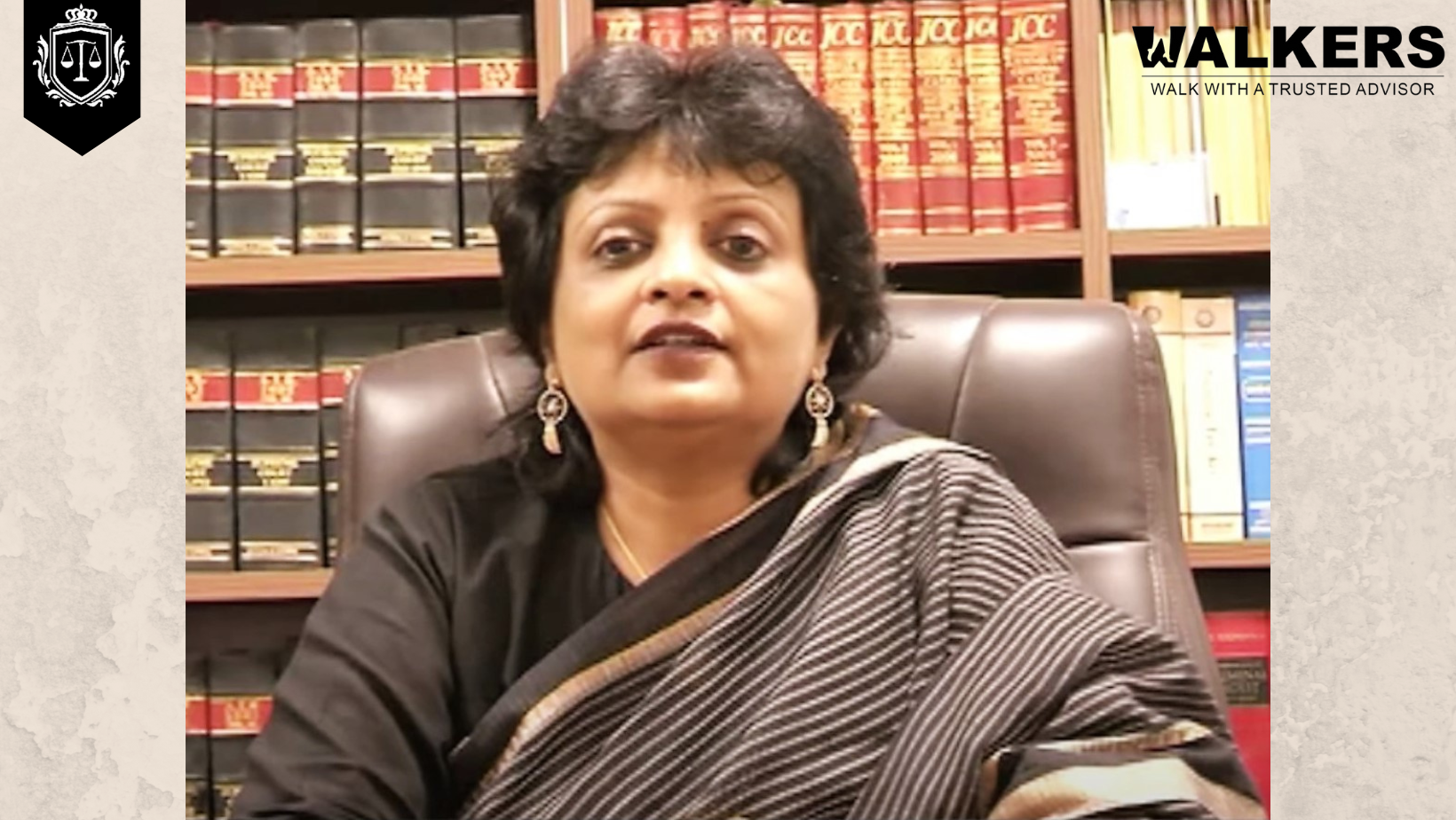


During a panel discussion titled "Untangling Bail Cases," Senior Advocate Rebecca John expressed her concern about the lengthy nature of bail hearings due to the inclusion of bulky records and multiple supplementary chargesheets filed by the prosecution. She emphasized that these practices essentially turn bail hearings into mini-trials, despite the Supreme Court's warning against such proceedings.
John further explained that one of the reasons behind the prolonged bail hearings is the overwhelming submission of extensive records, which are often unnecessary and irrelevant. Additionally, the continuous filing of supplementary chargesheets contributes to the prolongation of these hearings. Although the Supreme Court has advised concluding these chargesheets promptly without delving into their merits, the inclusion of voluminous records often leads to mini-trials.
This trend has resulted in criminal law practice primarily revolving around bail hearings, as trials take a significant amount of time to conclude. John made these remarks during the panel discussion titled "Untangling Bail Cases," organized by Project 39A and Daksh. The objective of the discussion was to address the shortcomings of India's bail system and explore potential solutions for improvement.
During the discussion, John acknowledged that in today's society, with the increasing criminalization of various activities, there has been a corresponding rise in arrests and the powers of arrest.
Due to the mounting workload of High Courts, many bail matters are not given priority and remain pending at the bottom of the list of items to be heard.
John suggested that magistrates should be empowered to grant bail, as the focus is often on high-profile cases. She also expressed concern about the excessive number of people being incarcerated.
Furthermore, the author also highlighted the burdensome bail conditions and bond terms that are prevalent in serious cases. These conditions include the requirement of solvency bonds, which often take a month to obtain after the court order. Additionally, the author criticized the practice of dropping a Google pin and sharing location as an invasion of privacy. The author noted that court judgments are not consistently followed, and there is a reluctance to issue personal bonds. Even prolonged incarceration fails to motivate the court to reconsider its stance. The author emphasized that the poor cannot afford cash surety.
In addition, John advised her clients to have a fixed deposit of ₹50,000 and Aadhaar cards. However, the author acknowledged that this financial requirement is unattainable for a large majority of individuals, resulting in continued incarceration.
John mentioned that the situation in Delhi is comparatively better, as judges tend to request nominal rolls when issuing notice in bail pleas. This practice allows judges to keep track of dates and is a positive application of Section 436A of the Criminal Procedure Code. Delhi stands apart from other regions, as even some district judges grant bail more expeditiously than High Court judges. The author emphasized the importance of not continuously incarcerating individuals, as it sends a negative message.
The author observed that bail orders often contain moral dialogues, with statements such as "a message needs to be sent." Other considerations, such as political factors, often override the primary objective of granting bail in Delhi, resulting in numerous denials.
On a lighter note, John admitted that legal counsel maintain lists of judges who are more likely to grant bail and those who are not.
In conclusion, the author expressed a desire for greater consistency in bail matters from the Supreme Court, as the lack of consistency within the courts is a significant issue.
During the discussion, the esteemed Akil Kureshi, former Chief Justice of the Rajasthan High Court, expressed that the Supreme Court is often the source of conflicting bail jurisprudence.
TAGS: Rebecca John Bail Bail Hearing